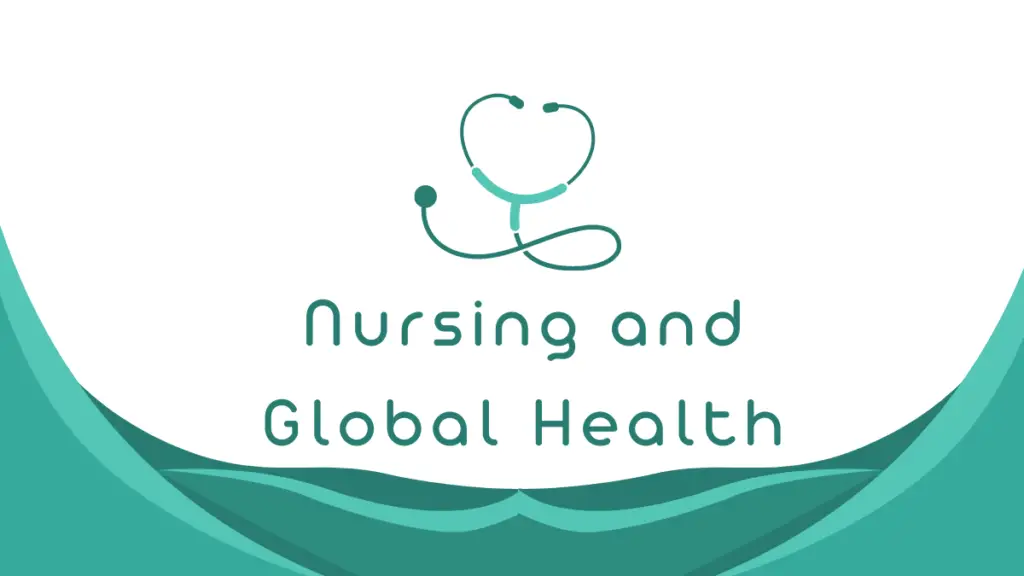In today’s interconnected world, the field of nursing plays a pivotal role in global health initiatives. As nurses interact with diverse populations, understanding and respecting cultural differences become paramount for effective healthcare delivery. This article delves into the significance of cultural competencies in nursing within the context of global health, offering insights into why it matters and how it can be cultivated.
Why Cultural Competencies Matter in Nursing:
Cultural competencies encompass the ability to understand, appreciate, and effectively interact with individuals from diverse cultural backgrounds. In nursing, this proficiency is indispensable for several reasons:
- Improved Patient Outcomes: Cultural competence fosters trust and rapport between nurses and patients, leading to enhanced communication and adherence to treatment plans.
- Reduced Health Disparities: By acknowledging cultural nuances, nurses can address disparities in healthcare access and outcomes among different demographic groups.
- Enhanced Health Literacy: Understanding cultural beliefs and practices enables nurses to tailor health education materials and instructions to resonate with diverse populations.
Case Study: Cultural Competencies in Action
| Case Study: Cultural Competencies in Action |
|---|
| Scenario: A nurse from the United States is working on a medical mission in a rural village in Africa. |
| Challenge: Language barriers and cultural differences pose challenges in communicating with local residents and understanding their healthcare needs. |
| Solution: The nurse enlists the help of local translators and community leaders to bridge the communication gap. She takes the time to learn about the community’s cultural beliefs and healthcare practices, incorporating them into her care plans. As a result, she earns the trust and cooperation of the villagers, leading to improved health outcomes and community engagement. |
Cultural Competencies in Global Health:
In the realm of global health, cultural competencies take on added significance due to the diverse settings and populations encountered. Nurses working in global health face unique challenges, including:
- Cross-Cultural Communication: Effective communication becomes crucial when working in international settings where language barriers and cultural differences may impede understanding.
- Respect for Local Practices: Nurses must respect and integrate local customs and traditions into healthcare practices to ensure acceptance and effectiveness.
- Adaptability and Flexibility: Being culturally competent requires nurses to adapt their approaches to accommodate varying cultural norms and expectations.
Strategies for Cultivating Cultural Competencies:
Nurses can develop cultural competencies through various strategies:
- Education and Training: Formal education and training programs should incorporate cultural competency modules to equip nurses with the necessary knowledge and skills.
- Cultural Immersion Experiences: Participating in cultural immersion experiences, such as volunteer opportunities abroad or community outreach programs, allows nurses to gain firsthand exposure to different cultures.
- Continuous Learning: Staying updated on cultural trends and practices through ongoing learning and professional development helps nurses remain culturally competent throughout their careers.
To illustrate the importance of cultural competencies in nursing, consider the following case study:
Conclusion:
Cultural competencies are indispensable skills for nurses navigating the complexities of global health. By fostering understanding, respect, and adaptability, nurses can bridge cultural divides and deliver more effective and inclusive healthcare services. Investing in cultural competency training and embracing diversity will not only benefit individual patients but contribute to broader efforts to promote health equity and social justice on a global scale.

